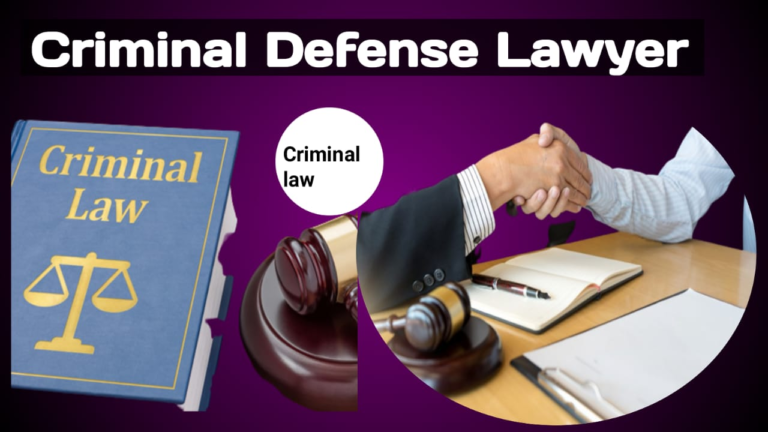PRISON LAWYER

It’s typically refers to an inmate who has acquired legal knowledge and assists fellow inmates with legal matters while incarcerated. These individuals may have learned about the law through personal experience, self-study, or by assisting other lawyers in their cases before their imprisonment.
Prison lawyers often help their fellow inmates with various legal issues, such as understanding their rights, providing advice on the legal process, assisting with legal research, preparing legal documents, and sometimes even representing them in certain proceedings within the prison system, such as disciplinary hearings.
However, it’s important to note that prison lawyers do not have the same legal training and qualifications as licensed attorneys. They cannot represent individuals in formal legal proceedings outside of the prison system, such as in criminal court or civil matters. In such cases, it’s advisable for inmates to seek the assistance of a qualified attorney who is licensed to practice law and can provide proper legal representation.
If you or someone you know is incarcerated and requires legal assistance, it is recommended to consult with a licensed attorney who specializes in prison law or criminal defense. They can provide accurate and professional advice tailored to the specific situation and navigate the complexities of the legal system effectively.
Certainly! Here are some additional details about prison lawyers:
Informal Assistance: Prison lawyers primarily offer informal assistance to fellow inmates. They may help educate others about their legal rights, provide guidance on legal procedures, and offer general advice on navigating the prison system.
Limited Scope: Prison lawyers typically focus on legal issues that arise within the prison environment. This can include matters related to disciplinary actions, grievances, parole hearings, and administrative procedures specific to the correctional facility. They may also assist with drafting letters or petitions to address concerns or complaints.
Legal Knowledge: Prison lawyers acquire legal knowledge through various means. Some may have prior legal experience or education, while others learn through personal research and studying legal materials available in the prison library. They often develop expertise in areas relevant to the prison system, such as criminal law, prison regulations, and inmate rights.
Constraints and Limitations: Prison lawyers face certain constraints and limitations due to their incarcerated status. They may have limited access to legal resources, including case law, legal databases, and up-to-date legal materials. Additionally, they may face restrictions on their ability to communicate with the outside world, which can impact their effectiveness in certain legal matters.
Collaborations: In some cases, prison lawyers may collaborate with external legal organizations, pro bono attorneys, or legal advocacy groups that offer support to inmates. These collaborations can enhance the resources and expertise available to inmates and help address more complex legal issues.
Not a Substitute for Licensed Attorneys: It’s important to understand that prison lawyers are not substitutes for licensed attorneys. While they can provide valuable assistance within the prison system, they are not authorized to represent individuals in formal legal proceedings outside of the prison, such as criminal trials or civil litigation. For matters beyond the scope of the prison environment, it’s advisable to seek the services of a qualified and licensed attorney.
If you or someone you know is in need of legal representation or guidance while incarcerated, it’s recommended to consult with a licensed attorney who specializes in prison law or criminal defense. They can provide professional legal advice and representation tailored to the specific circumstances and help navigate the complexities of the legal system effectively.






